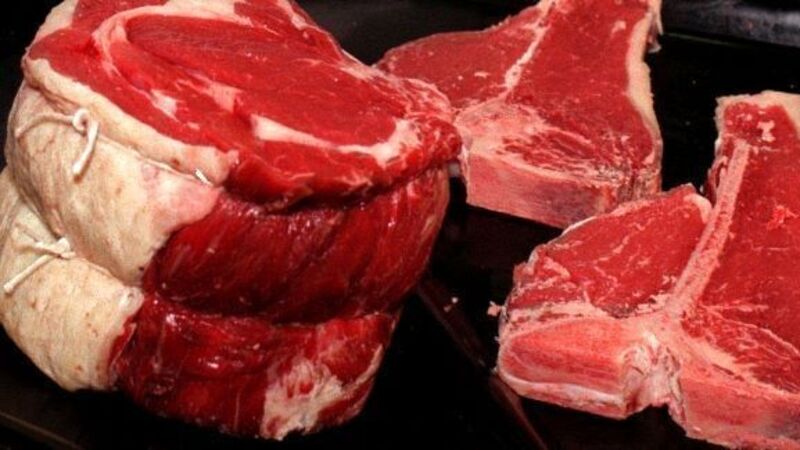Stephen Cadogan: American move on growth-promoter beef leaves sour taste

The outgoing administration in Washington has taken the first steps in a trade war aimed at getting a more favourable market in the EU for US beef, by moving to load extra import taxes onto $116.8m per year of EU products sold in the US.
Since 1988, the US has been trying to overthrow the EU’s ban on import of meat and meat products from animals treated with the promoters.










